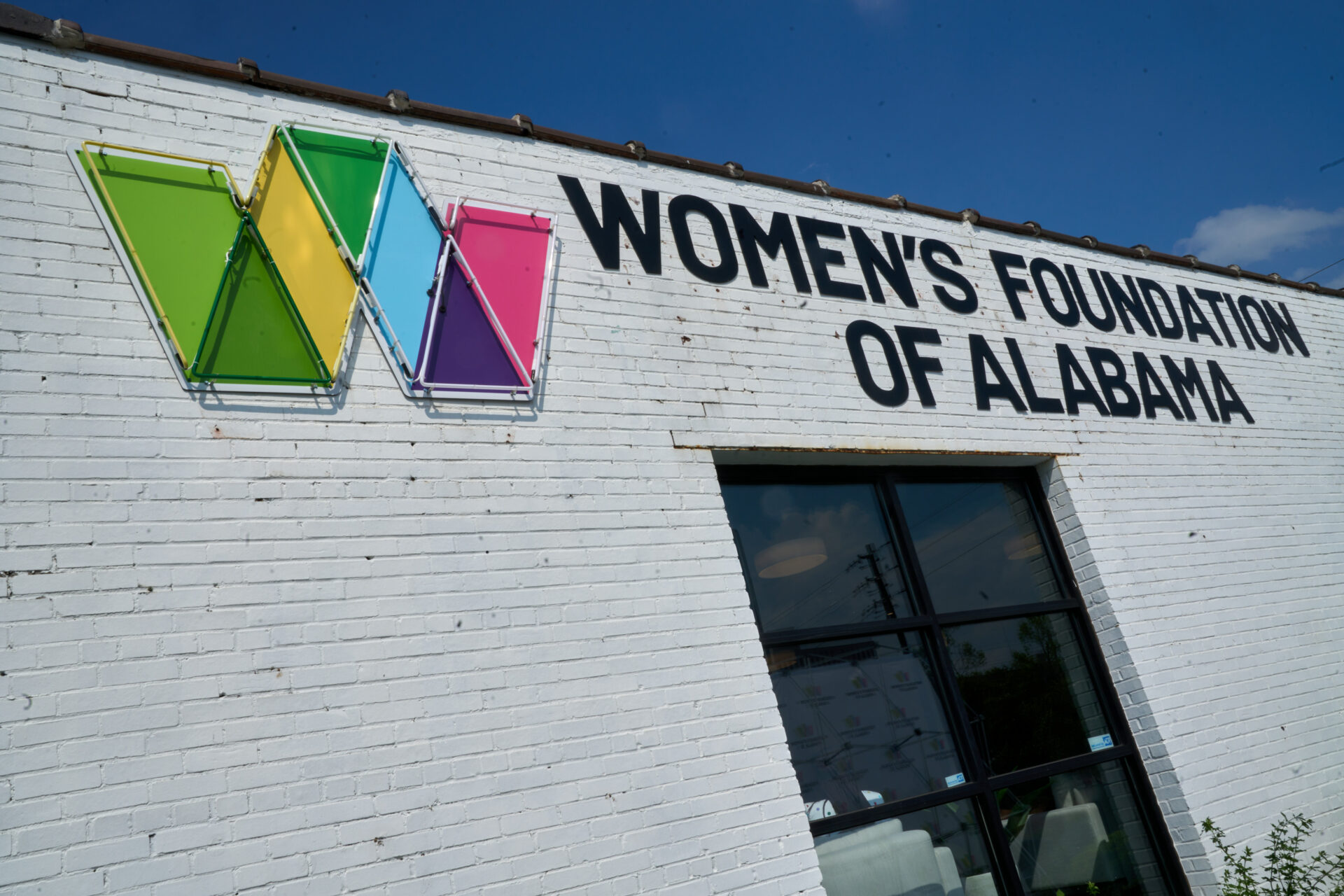
Advocacy
Women’s Foundation of Alabama Pushes Forward on its Economic Plan for Women and Families
Women’s Foundation of Alabama Pushes Forward on its Economic Plan for Women and Families
The EssentiAL Plan provides road map for state lawmakers
Montgomery, AL (February 11, 2025) – Women’s Foundation of Alabama released its public policy agenda with data-driven solutions focused on advancing women’s economic opportunity. Building on six years of historic policy wins, the Foundation has created a road map for lawmakers to shift the economic paradigm for women and families in Alabama.
As the state’s leading voice for women, Women’s Foundation of Alabama highlights the critical role women play in Alabama’s economy and the barriers that hinder their success. Women make up nearly half of Alabama’s workforce, yet the state has one of the lowest female labor force participation rates in the country at just 55%. By tracking and analyzing this data, the Foundation is uniquely positioned to drive policy solutions that strengthen economic opportunities for women and, in turn, bolster Alabama’s economy.
Women in Alabama contribute $43 billion to the state’s economy – nearly one out of every three dollars earned in our state, according to the 2022 Clearing the Path, Galvanizing the Economic Impact of Women report. And while Alabama continues to attract new businesses and bring thousands of new jobs to the state, industries face challenges finding—and keeping—talent. The Foundation’s four-year comprehensive public policy strategy to change the economic outlook for women, known as the EssentiAL Plan, was launched in 2022 to great success.
The EssentiAL Plan can help meet the needs of women and families and simultaneously meet the state’s growing workforce demands through policies that strengthen women’s economic opportunity while building an inclusive workforce. The plan includes common sense, non-partisan policy solutions proven to improve workforce development and labor force participation:
- Paid Family Leave: Establishing Alabama’s first paid leave program to support 1.8 million workers without access, including 30,000 state employees.
- Child Care Access: Increasing funding to support more than 85,000 Alabama families needing quality child care for women’s workforce participation.
- Workforce Training: Investing in workforce training programs to connect women with high-wage, in-demand jobs using our proven student-parent success model.
- Equal Pay: Strengthening Alabama’s wage laws to close the gender pay gap, currently at 76 cents per dollar earned by men, which is one of the highest in the nation.
The unanimous passage of the 2024 Child Care Tax Credit law stands as a measurable success of the EssentiAL Plan, incentivizing investment in child care infrastructure and expanding access for working families.
“Women’s Foundation of Alabama has proudly partnered with community, business, and government leaders to drive a robust statewide strategy leading to some of the most prolific economic policy victories for women and families. Six years ago, my charge was to bring the Foundation off the sidelines and into the game of public policy. From passage of Alabama’s first Equal Pay Statute, to securing $2.25 million in critical investments to scale our nationally renowned public-private workforce development model preparing women for in-demand careers, to the recent adoption of Alabama’s Child Care Tax Credit plan – this Foundation alongside thousands of women activists and philanthropists have set and won on a powerful agenda.” said Melanie R. Bridgeforth, MSW, President and CEO of Women’s Foundation of Alabama,
“But our work is not done. Right now, Alabama lawmakers have an opportunity to write another impactful chapter for women and families by passing Paid Leave legislation championed just last week by Governor Ivey in her State of the State address. This critical step would bring Alabama into alignment with many other Southeastern states and puts us even closer to boosting labor force participation rates for women thus strengthening families.”
Alongside its powerful policy advocacy, the Foundation’s strategic grantmaking remains at the heart of its work. By nearly doubling grantmaking over the last two years, we’re delivering real solutions, creating hundreds of new child care seats, funding leadership development, and expanding maternal health support statewide.
Just last year, the Foundation granted funds to 82 organizations doing work in all 67 counties, addressing a range of issues that correspond to the issues addressed in the EssentiAL plan. In addition to the 82 community organizations and colleges that received grants, the Foundation also made awards totaling $207,500 to 12 child care businesses aiming to add nearly 500 new childcare seats in Jefferson and Walker Counties through the Advancing Alabama Child Care Accelerator.
“Through these strategic grants, we are delivering tangible solutions that empower women to achieve economic independence and drive their communities forward,” explained Zhaundra Jones, Vice President of Philanthropy and Learning for Women’s Foundation of Alabama. “The profound impact that philanthropy can have on women’s lives, especially when coupled with powerful policy advocacy, is changing the narrative for – and the trajectory of – women and families across our state.” A full list of the 2024 grantees can be found on our website.
In its nearly thirty-year history, Women’s Foundation of Alabama has invested over $9 million in innovative solutions to accelerate economic opportunity for thousands of women and families across the state. The Foundation continues to convene partners, community leaders, lawmakers, and philanthropic leaders to make Alabama better for all.
###
Women’s Foundation of Alabama is a community-driven foundation impacting the world around us by accelerating economic opportunity for women. We envision a society where power and possibility are not limited by gender, race, or place. Founded as a regional women’s fund in 1996, Women’s Foundation of Alabama is the state’s only public women’s foundation applying a gender lens to grantmaking, research, and advocacy. Learn more at www.wfalabama.org

